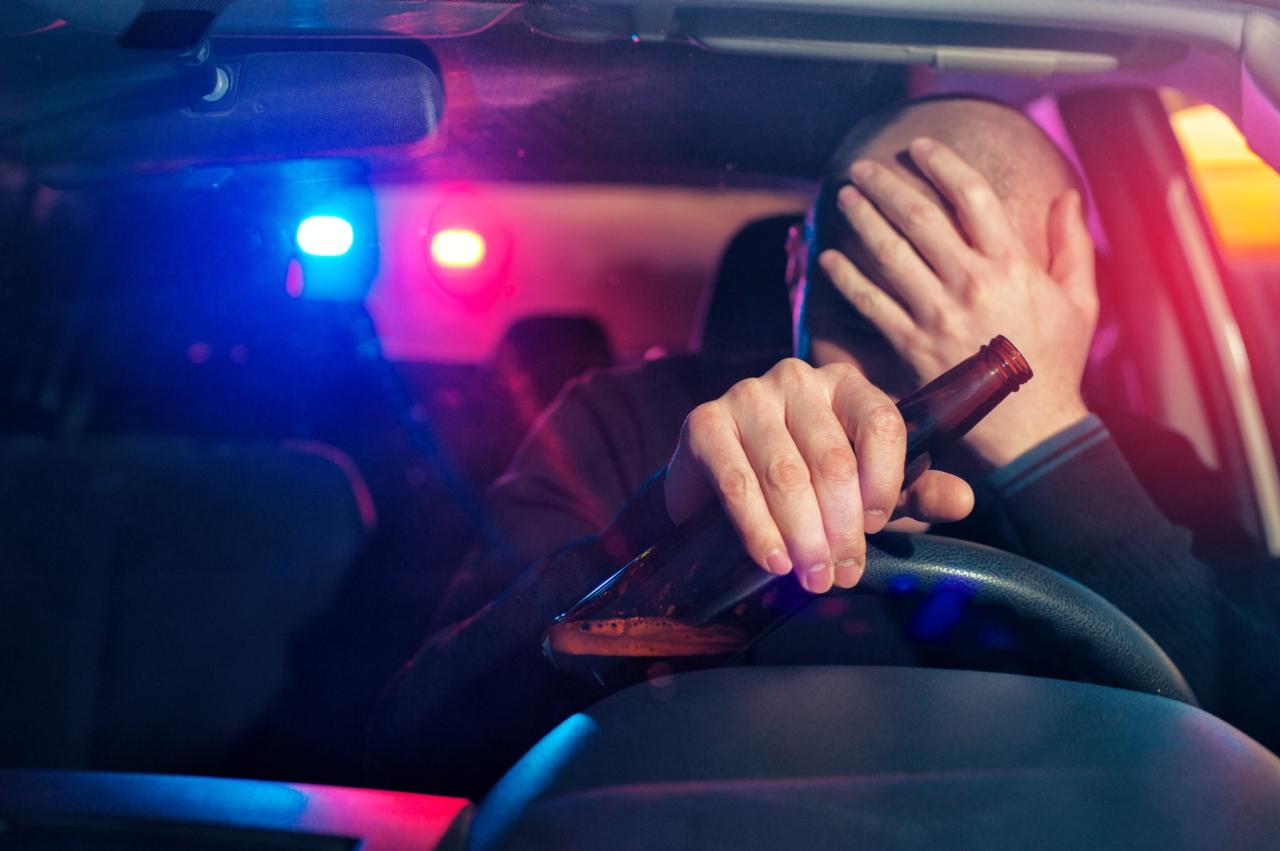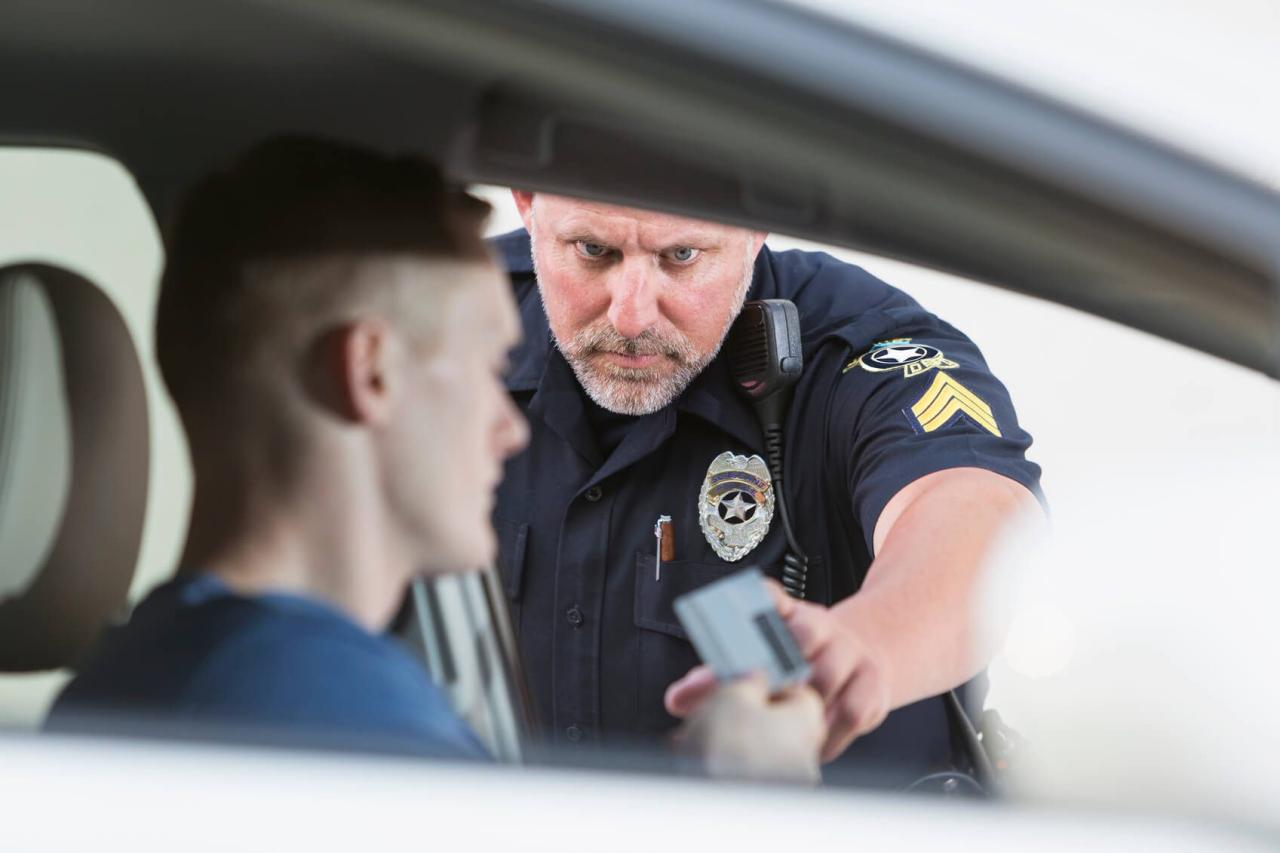Drunk driving lawyer near me – these words can be a source of anxiety and uncertainty for anyone facing DUI charges. Whether you’re facing a first-time offense or a repeat violation, understanding your legal rights and options is crucial. A skilled drunk driving lawyer can navigate the complex legal system, protect your rights, and advocate for the best possible outcome.
Navigating the legal system after a DUI arrest can be overwhelming. You’ll face a complex process, from initial charges to potential penalties. This guide aims to shed light on the legal landscape, providing you with valuable information about drunk driving laws, the legal process, and the crucial role of a DUI attorney.
Seeking Legal Representation
Facing a DUI charge can be a daunting experience, and navigating the legal system alone can feel overwhelming. This is where an experienced drunk driving lawyer becomes crucial. A skilled attorney can provide invaluable support and guidance throughout the legal process, helping you understand your rights and navigate the complexities of the legal system.
Choosing the Right Lawyer
Selecting the right drunk driving lawyer is crucial for a successful defense. Consider these factors:
- Expertise: Look for a lawyer specializing in DUI defense. They possess in-depth knowledge of DUI laws, procedures, and legal strategies.
- Track Record: Examine the lawyer’s success rate in DUI cases. A proven track record indicates their expertise and ability to achieve favorable outcomes.
- Communication Skills: Effective communication is essential. Choose a lawyer who explains legal concepts clearly, listens attentively to your concerns, and keeps you informed throughout the process.
Role of a Drunk Driving Lawyer, Drunk driving lawyer near me
A drunk driving lawyer plays a vital role in defending against DUI charges. They:
- Analyze Evidence: Lawyers scrutinize all evidence, including police reports, breathalyzer results, and witness statements, to identify potential weaknesses and inconsistencies.
- Negotiate with Prosecutors: They may negotiate with prosecutors to reduce charges or obtain a more favorable plea deal.
- Represent You in Court: They advocate for your rights in court, present your case effectively, and challenge the prosecution’s evidence.
- Appeal Convictions: If convicted, they can help you appeal the verdict, challenging legal errors or procedural irregularities.
Legal Strategies for DUI Defense
Drunk driving lawyers employ various strategies to defend against DUI charges. These include:
- Challenging the Stop: Lawyers may argue that the police lacked probable cause to stop your vehicle, questioning the legality of the traffic stop.
- Dispute Breathalyzer Results: They may challenge the accuracy of breathalyzer tests, citing potential errors in calibration, operator training, or environmental factors.
- Challenge Field Sobriety Tests: Lawyers can argue that field sobriety tests were administered improperly or that your performance was affected by factors other than alcohol impairment.
- Present Medical Evidence: They may present medical evidence, such as a doctor’s report, to explain any unusual behavior or test results, potentially attributed to medical conditions.
- Negotiate Plea Bargains: Lawyers may negotiate with prosecutors to reduce charges or obtain a more lenient sentence.
Potential Consequences of a DUI Conviction: Drunk Driving Lawyer Near Me
A DUI conviction can have severe and long-lasting consequences, impacting various aspects of your life. Understanding these potential consequences is crucial to making informed decisions and taking appropriate steps to mitigate the impact.
Impact on Driving Privileges
A DUI conviction typically results in the suspension or revocation of your driver’s license. The duration of the suspension can vary depending on the severity of the offense and your driving history. In addition to license suspension, you may also be required to install an ignition interlock device in your vehicle, which prevents the vehicle from starting if you have alcohol in your system.
Financial Penalties
DUI convictions come with substantial financial penalties. These include fines, court fees, and potential costs associated with legal representation, treatment programs, and ignition interlock devices. The amount of these penalties can vary significantly based on factors such as the state, the number of prior offenses, and the severity of the offense.
Employment and Insurance
A DUI conviction can negatively impact your employment prospects. Many employers conduct background checks, and a DUI conviction can be a significant deterrent. Additionally, a DUI conviction can lead to higher insurance premiums or even the cancellation of your insurance policy.
Future Legal Issues
A DUI conviction can have long-term legal consequences. A subsequent DUI offense within a specified period can lead to harsher penalties, including increased fines, longer license suspensions, and mandatory jail time. In some cases, repeat offenders may face felony charges, which can have even more severe consequences.
Resources and Support
If you have been convicted of a DUI, there are resources available to help you navigate the legal and personal challenges you may face. These resources include support groups, treatment programs, and legal aid organizations. Support groups provide a safe space for individuals to connect with others who have faced similar experiences, while treatment programs can help address underlying issues related to alcohol abuse. Legal aid organizations can provide legal advice and representation to individuals who cannot afford legal services.
Frequently Asked Questions (FAQs)

Facing a DUI charge can be a stressful and confusing experience. You may have many questions about the legal process, potential defenses, and the consequences of a conviction. This section provides answers to some common questions that individuals facing DUI charges often ask.
The Legal Process
This section explains the typical steps involved in a DUI case.
- What Happens After I’m Arrested for DUI?
After your arrest, you will be taken to the police station for booking. You will be fingerprinted, photographed, and asked to provide personal information. You may be required to submit to a breathalyzer test or a blood test. You will be released on bail or bond, and a court date will be set. - What Are the Steps in a DUI Case?
A DUI case typically follows these steps:- Arraignment: This is your first court appearance, where you will be formally charged with DUI and enter a plea of guilty or not guilty.
- Discovery: This is the process of exchanging information between the prosecution and the defense. This may involve sharing police reports, witness statements, and other relevant documents.
- Pre-Trial Hearings: These hearings may address issues such as motions to suppress evidence or motions to dismiss the charges.
- Trial: If the case is not resolved through plea bargaining, the case will proceed to trial. At trial, the prosecution will attempt to prove your guilt beyond a reasonable doubt, while your attorney will present evidence and arguments in your defense.
- Sentencing: If you are found guilty, the court will impose a sentence, which may include fines, jail time, probation, community service, and the suspension of your driver’s license.
- How Long Does a DUI Case Take?
The length of a DUI case can vary depending on the complexity of the case and the court’s schedule. Some cases may be resolved quickly, while others may take months or even years to complete.
Potential Defenses
This section Artikels common defenses that can be raised in a DUI case.
- What Are Some Common Defenses to a DUI Charge?
Some common defenses to a DUI charge include:- Improper Field Sobriety Testing: If the officer administering the field sobriety tests made mistakes or used improper procedures, the results of the tests may be inadmissible in court.
- Mechanical Failure of Breathalyzer: If there was a malfunction with the breathalyzer device, the results may be unreliable and challenged in court.
- Lack of Probable Cause for Stop: If the police did not have a valid reason to stop you, any evidence obtained as a result of the stop may be suppressed.
- Medical Condition: If you had a medical condition that affected your behavior, this may be a defense to a DUI charge.
- Improper Blood Draw: If the blood draw was not performed in accordance with legal requirements, the results may be inadmissible.
Legal Consequences
This section details the potential legal consequences of a DUI conviction.
- What Are the Potential Consequences of a DUI Conviction?
A DUI conviction can have serious legal consequences, including:- Fines: The amount of fines can vary by state, but they can be substantial.
- Jail Time: A DUI conviction can result in a jail sentence, ranging from a few days to several years.
- Driver’s License Suspension or Revocation: Your driver’s license may be suspended or revoked for a specified period.
- Ignition Interlock Device: You may be required to install an ignition interlock device in your vehicle, which prevents the car from starting if you have been drinking.
- Community Service: You may be ordered to perform community service.
- Increased Insurance Rates: A DUI conviction can significantly increase your car insurance premiums.
- Criminal Record: A DUI conviction is a criminal offense, which can have lasting consequences, such as affecting employment opportunities and travel.
Conclusion

Facing a DUI charge can be a stressful experience, but it’s important to remember that you have rights. By understanding the legal process, seeking qualified legal representation, and taking proactive steps to avoid future offenses, you can navigate this challenging situation effectively.
If you’ve been arrested for DUI, it’s crucial to seek legal guidance from a skilled drunk driving lawyer. Finding the right attorney can be daunting, but it’s essential to get the best possible representation. You can start your search by looking for a lawyer near me and filtering the results to find those specializing in DUI defense.
A qualified attorney will understand the intricacies of DUI laws and fight for your rights in court.